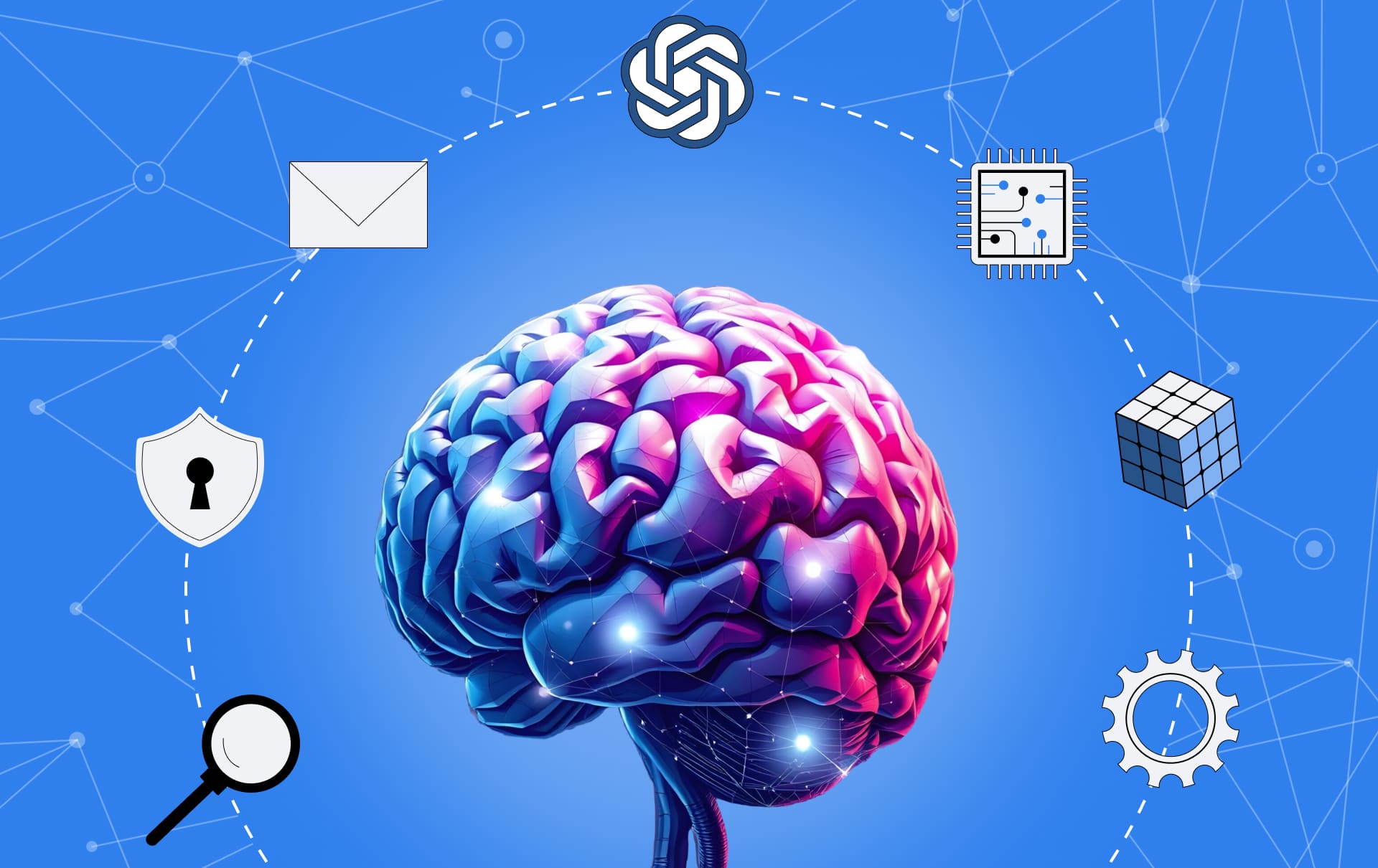
Over the past few months, I've built AI agents across different business functions. One thing has become clear: the real value doesn't come from flashy demos or general-purpose AI solutions. It comes from solving small, specific problems that teams face every day.
Here's a short breakdown of what works and what doesn't based on field experience and industry research.
The Problem
AI adoption is accelerating. According to McKinsey, 78% of organizations have deployed AI in at least one function. However, only 26% see consistent, measurable returns.
The disconnect? Many AI projects are over-engineered or misaligned with actual business needs.
Another key reason for failure: poor data hygiene. Even the best models can't perform well if fed incomplete, outdated, or fragmented data. Great AI starts with great data.
What Works
The most effective AI agents I've deployed focused on one narrow task. For example:
- Summarizing internal meeting transcripts into actionable next steps
- Extracting key data points from PDFs and email threads
- Automating customer onboarding with rule-based follow-ups and FAQ responses
These aren't headline-making use cases, but they consistently save time, reduce errors, and make workflows more efficient.
The Hidden Challenges
Shipping an AI agent is only 30% of the job. The harder part is what comes next—monitoring, refining, and getting users to trust and adopt it.
Even highly capable agents can fail if they don't integrate seamlessly into existing workflows or deliver measurable value to the end user.
What I Recommend
Here's what's worked well in my deployments:
- Keep it simple - Skip unnecessary complexity. Focus on making it useful and reliable.
- Feedback loops are non-negotiable - Actively capture user ratings, corrections, and edge cases.
- Get quick wins - A basic, functioning agent builds more momentum than a polished prototype that never ships.
- Get your data strategy right - Audit, organize, and structure your data before building. It will make or break your agent's performance.
Final Thought
Think of your AI agent like a junior teammate. You wouldn't onboard them once and disappear. You'd check in, give feedback, and help them improve. The same applies here. AI agents only create value when coached, refined, and measured against real outcomes.
The companies winning with AI today aren't using it to replace people. They're using it to reduce the manual grind and increase operational leverage, one workflow at a time.